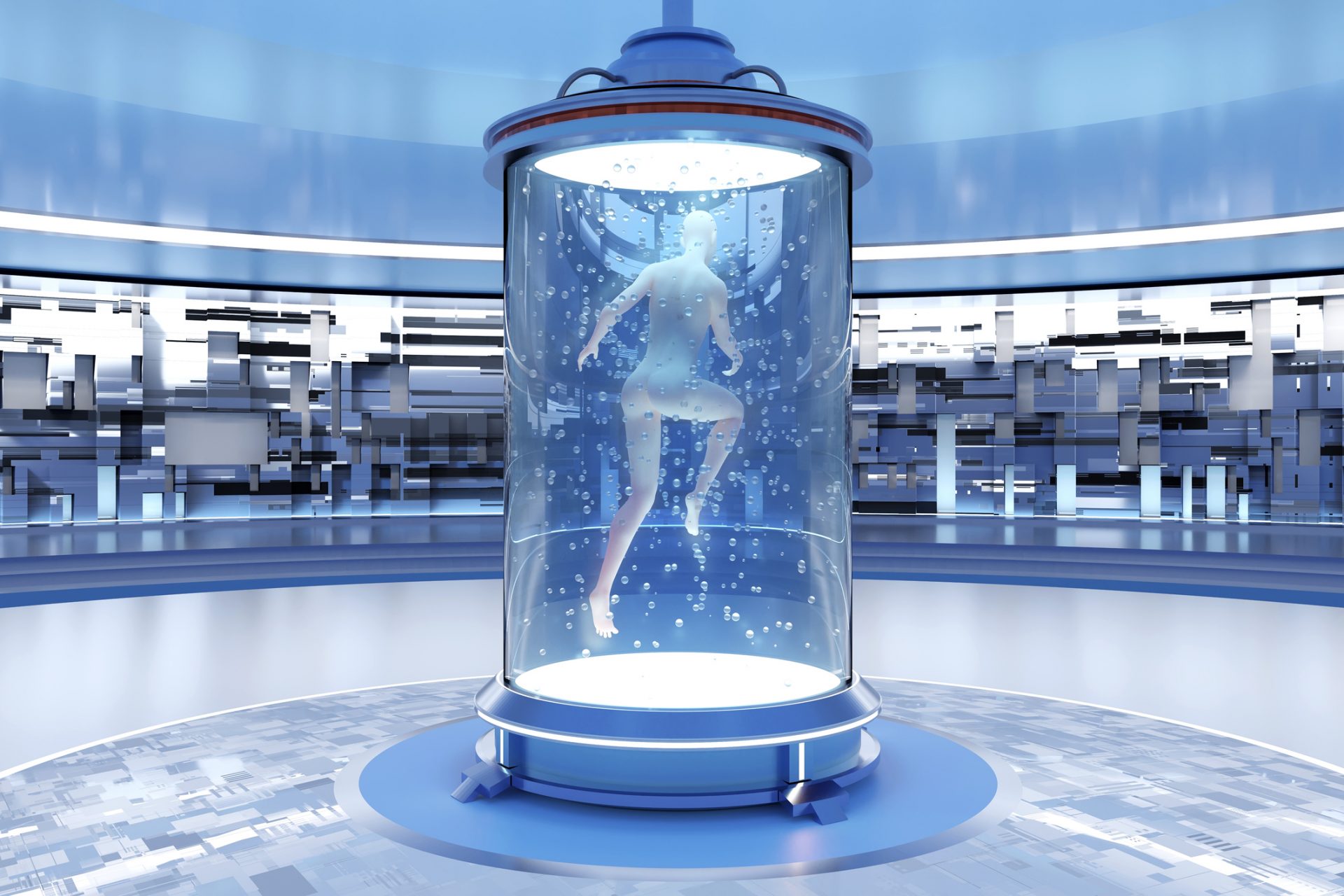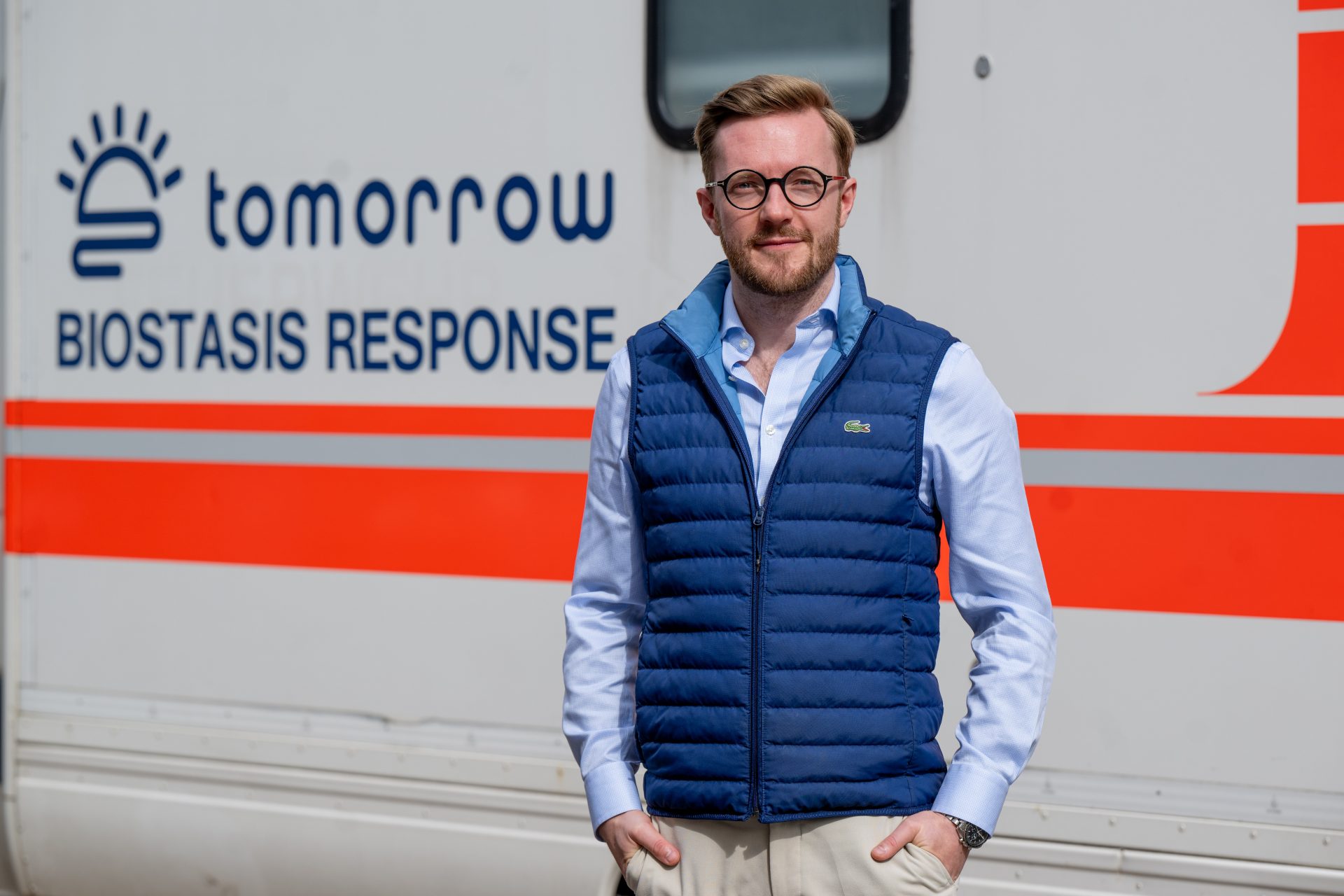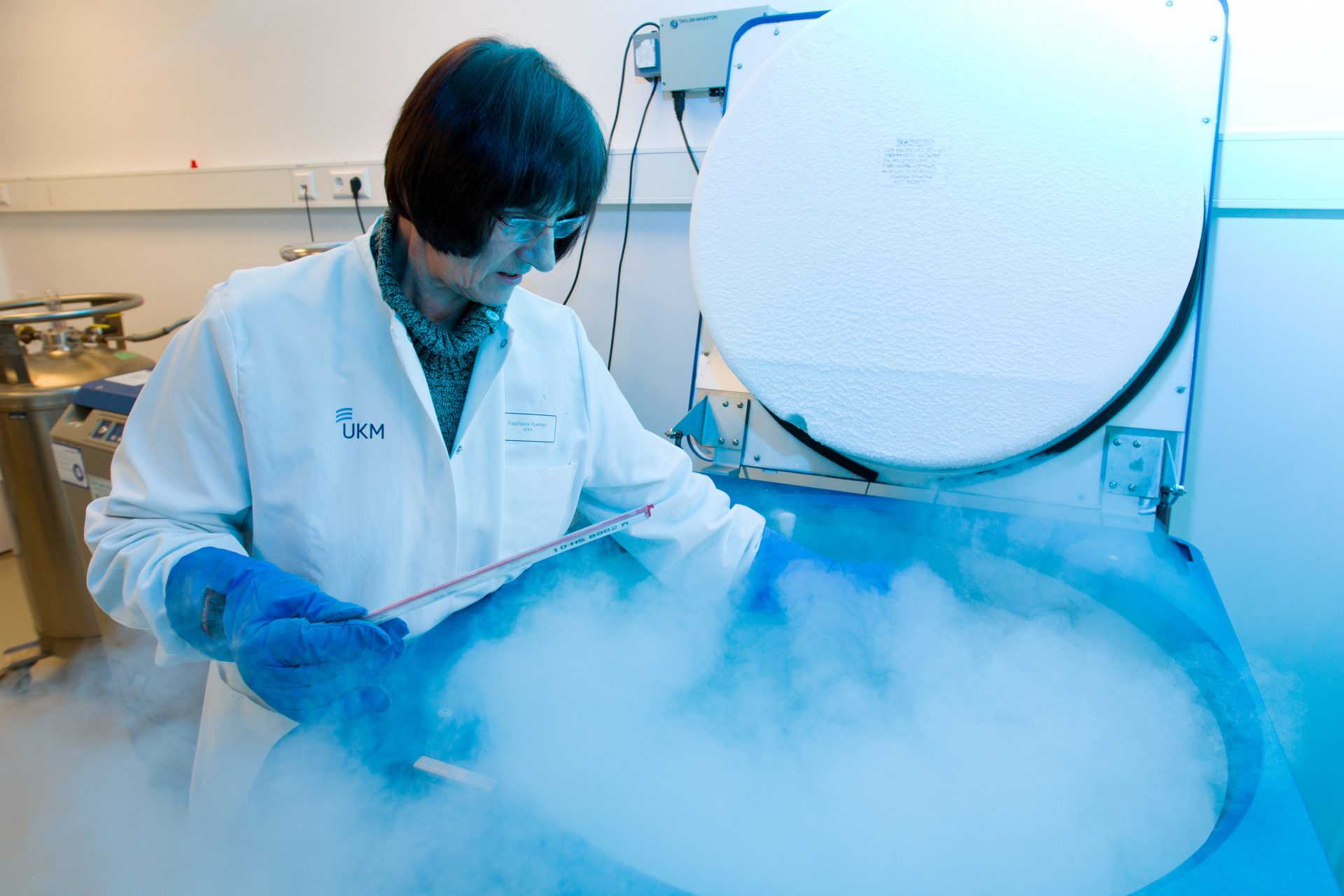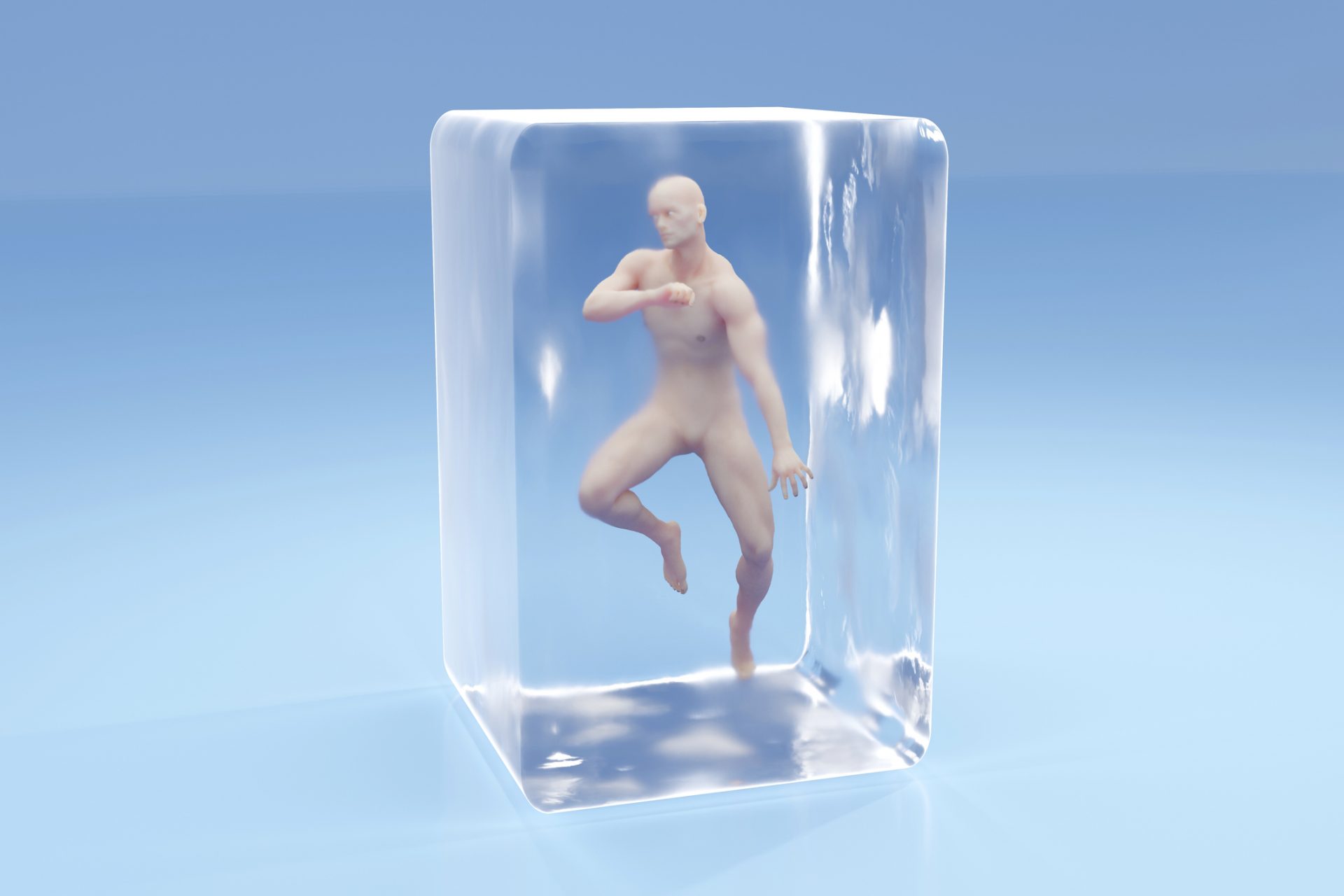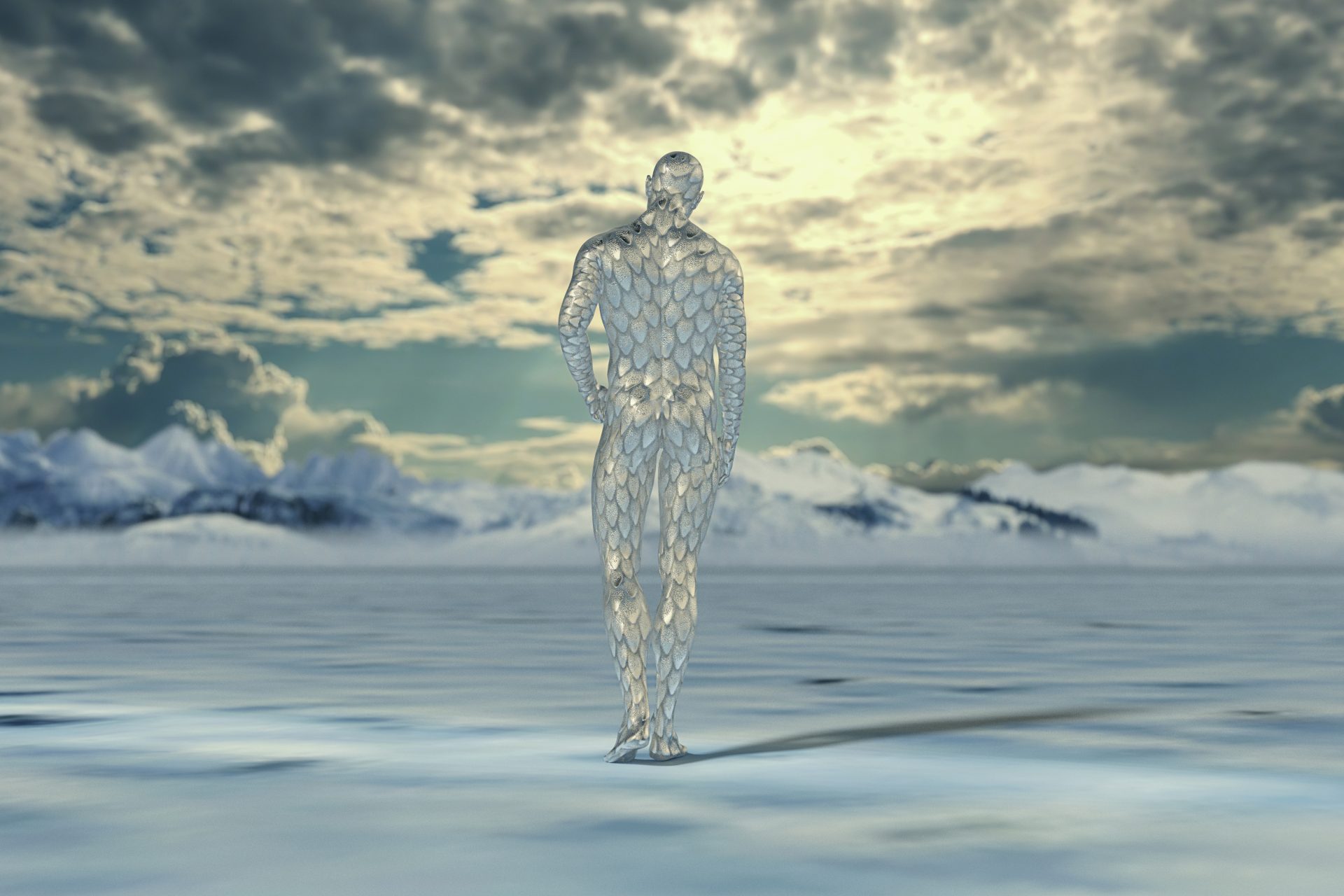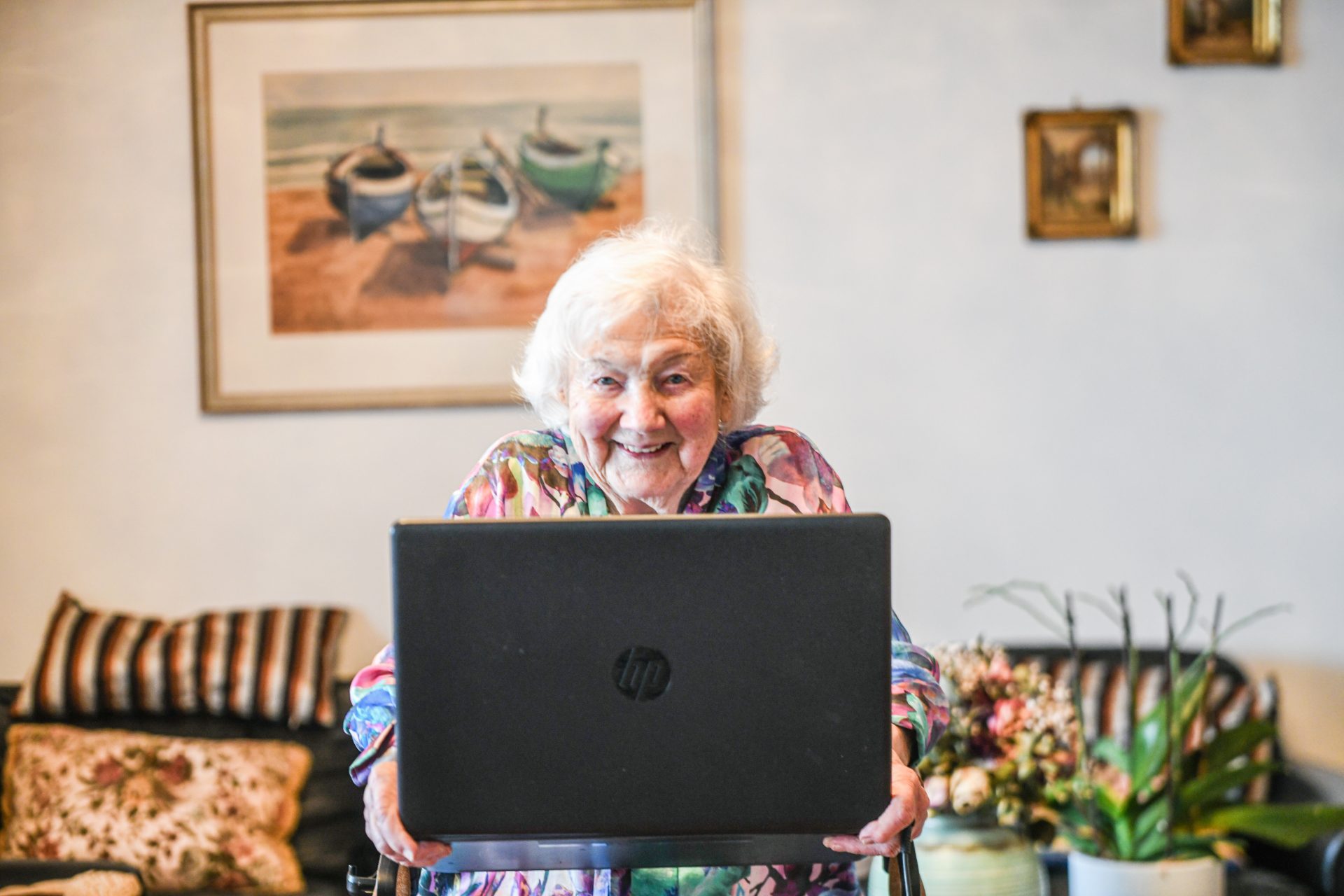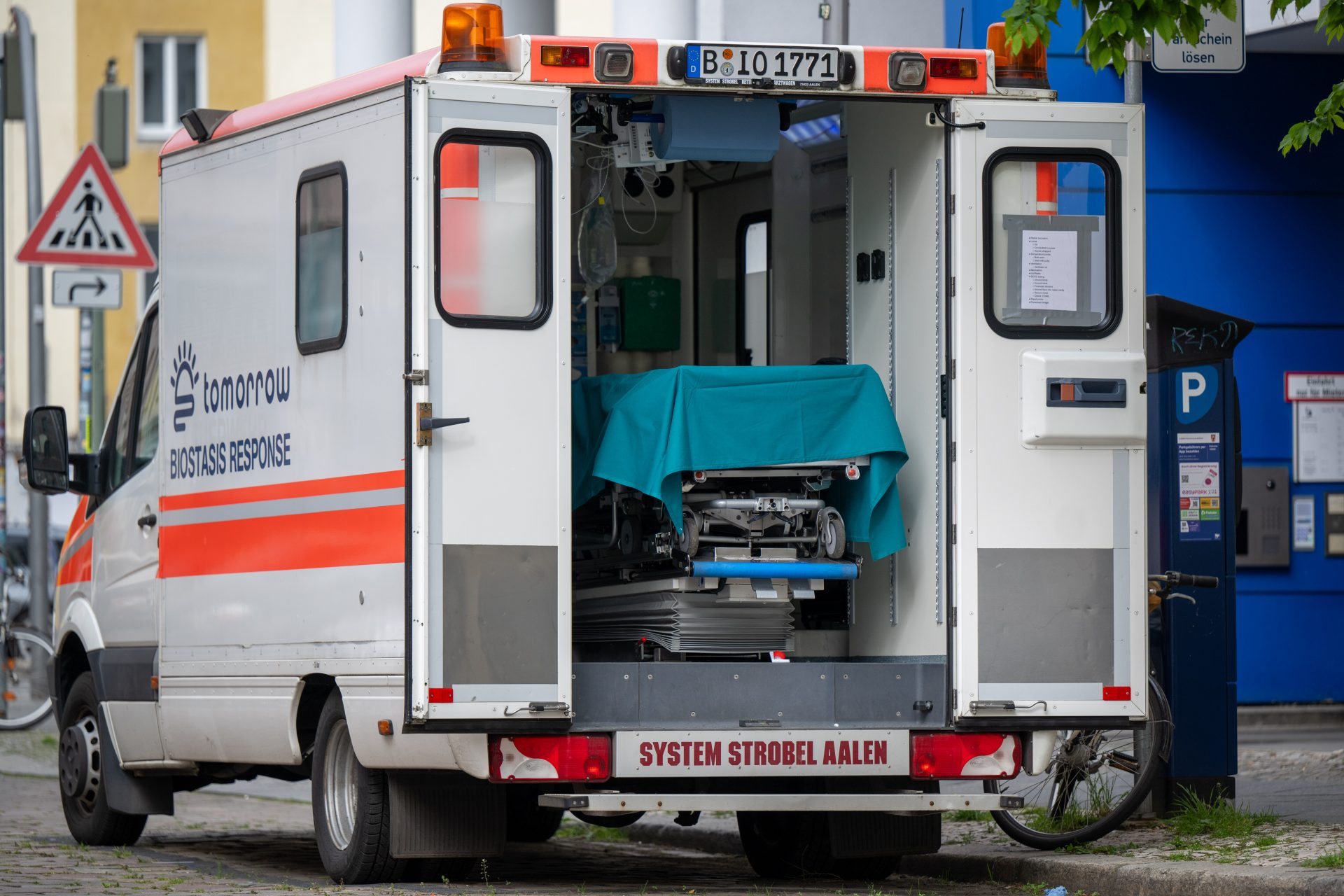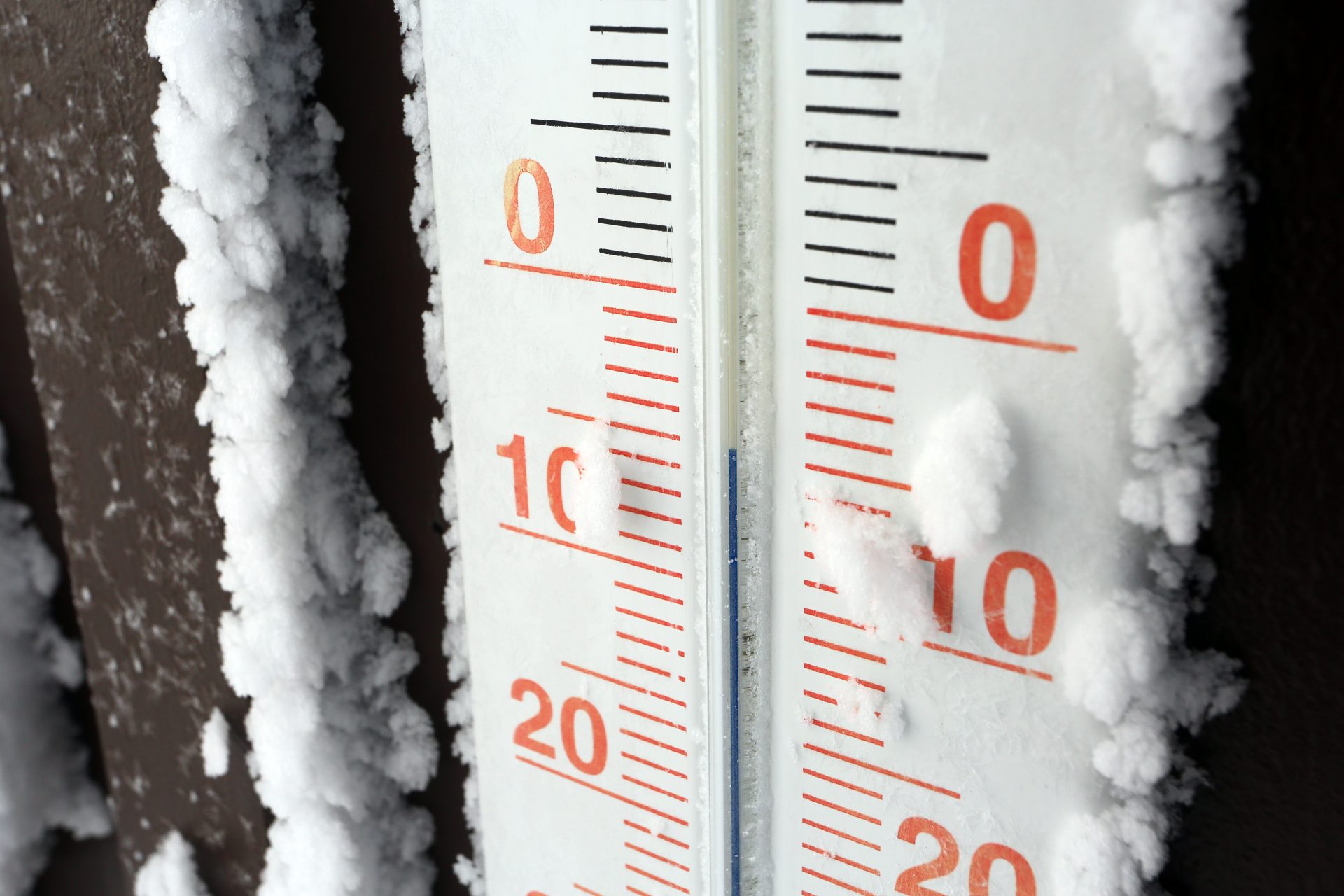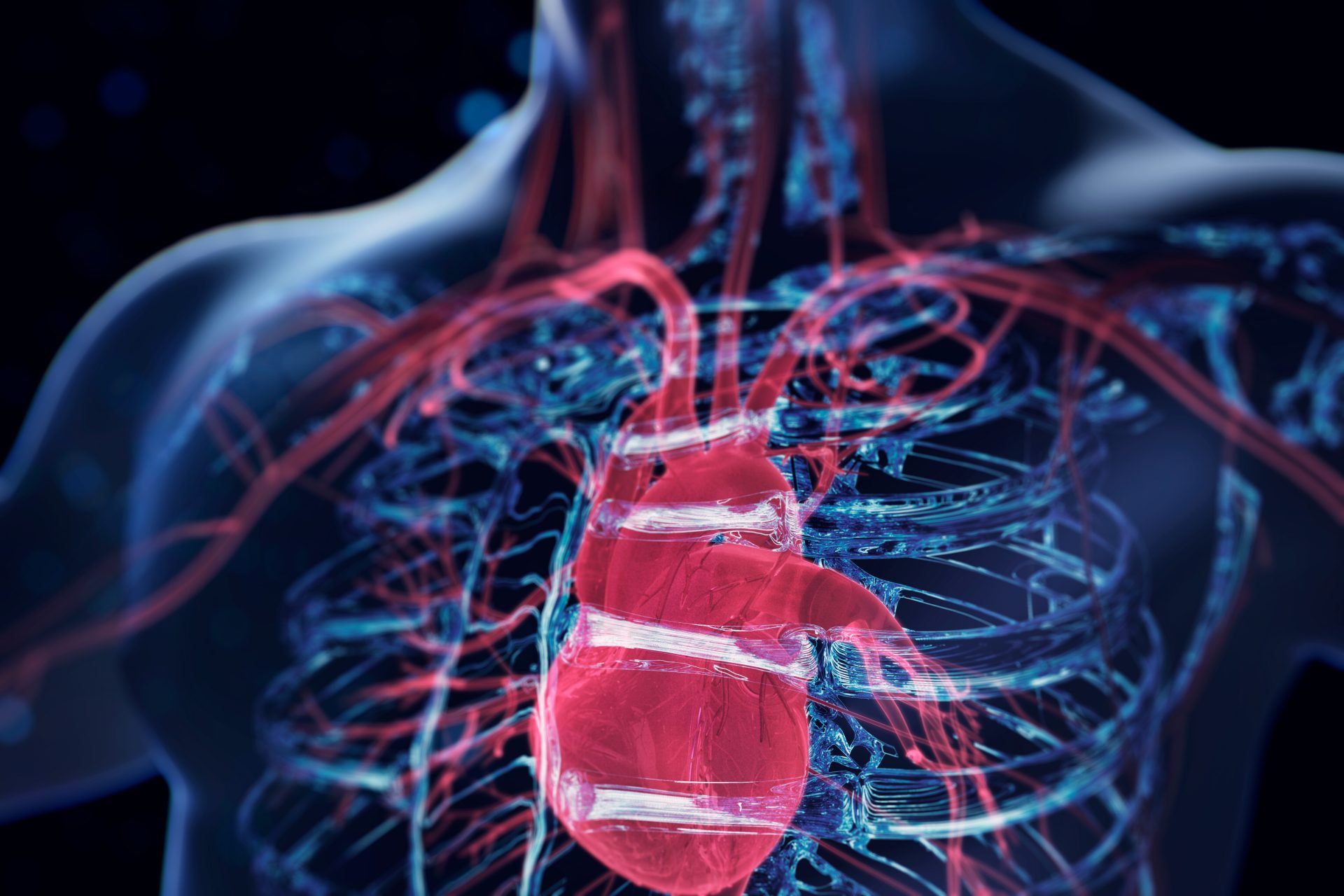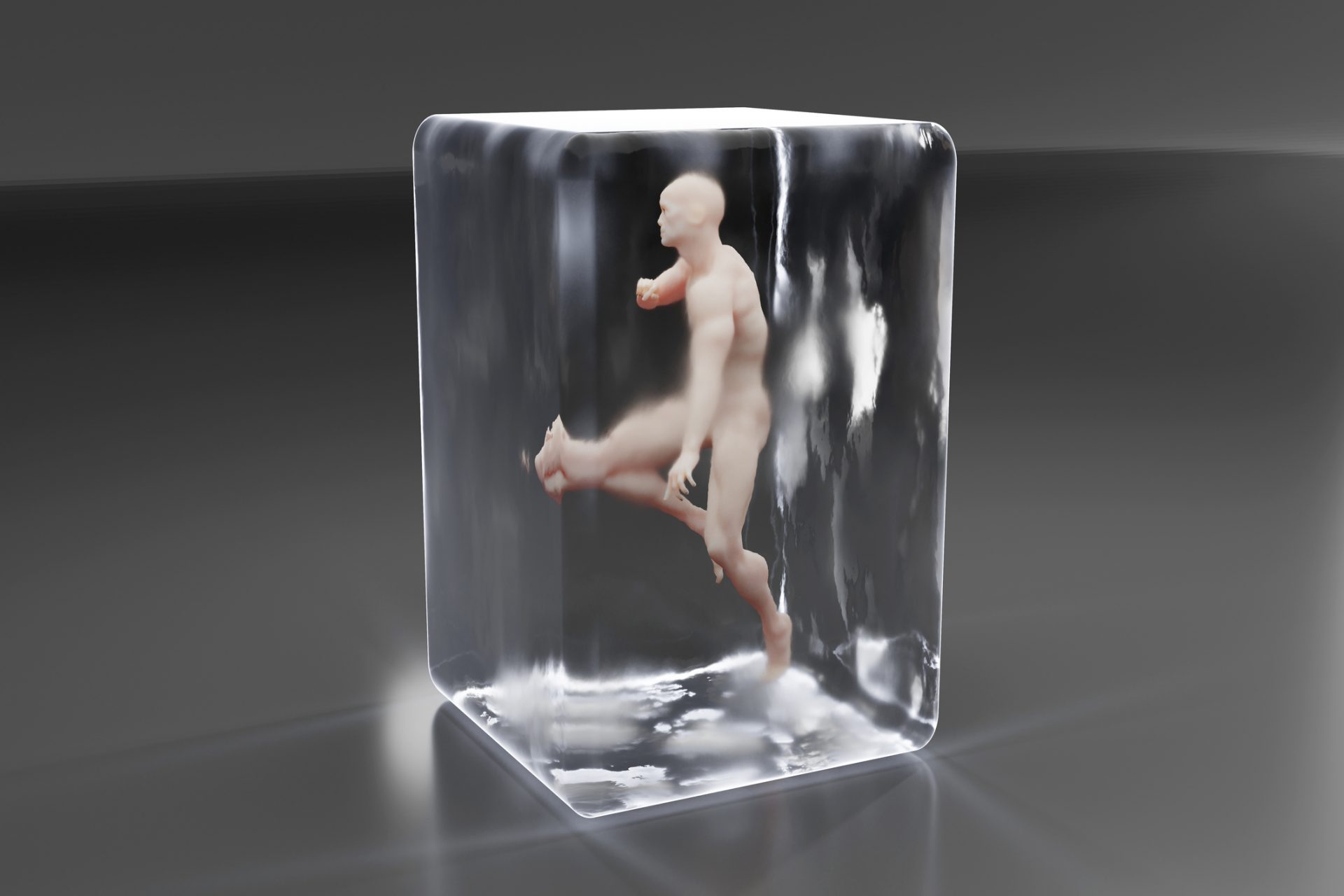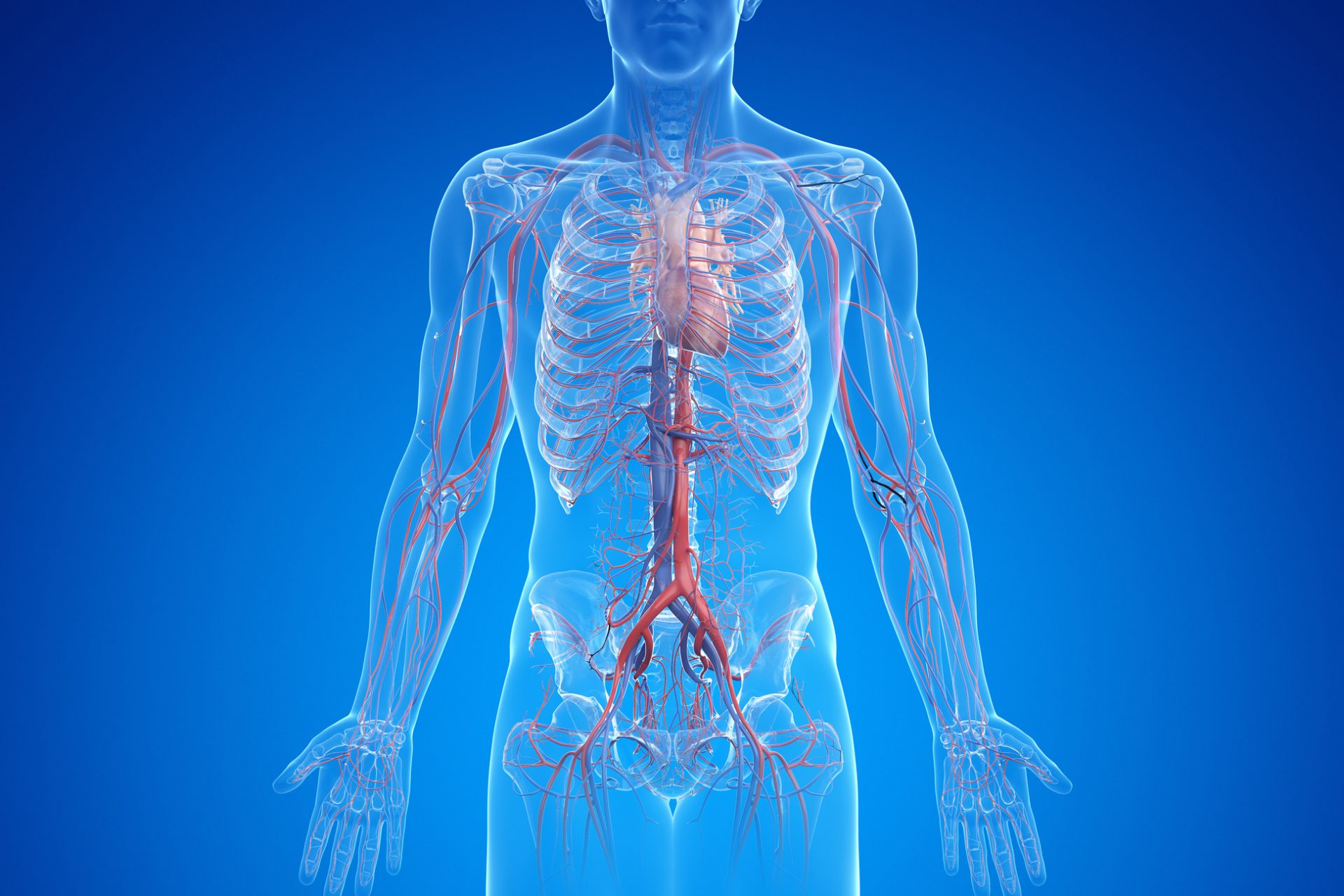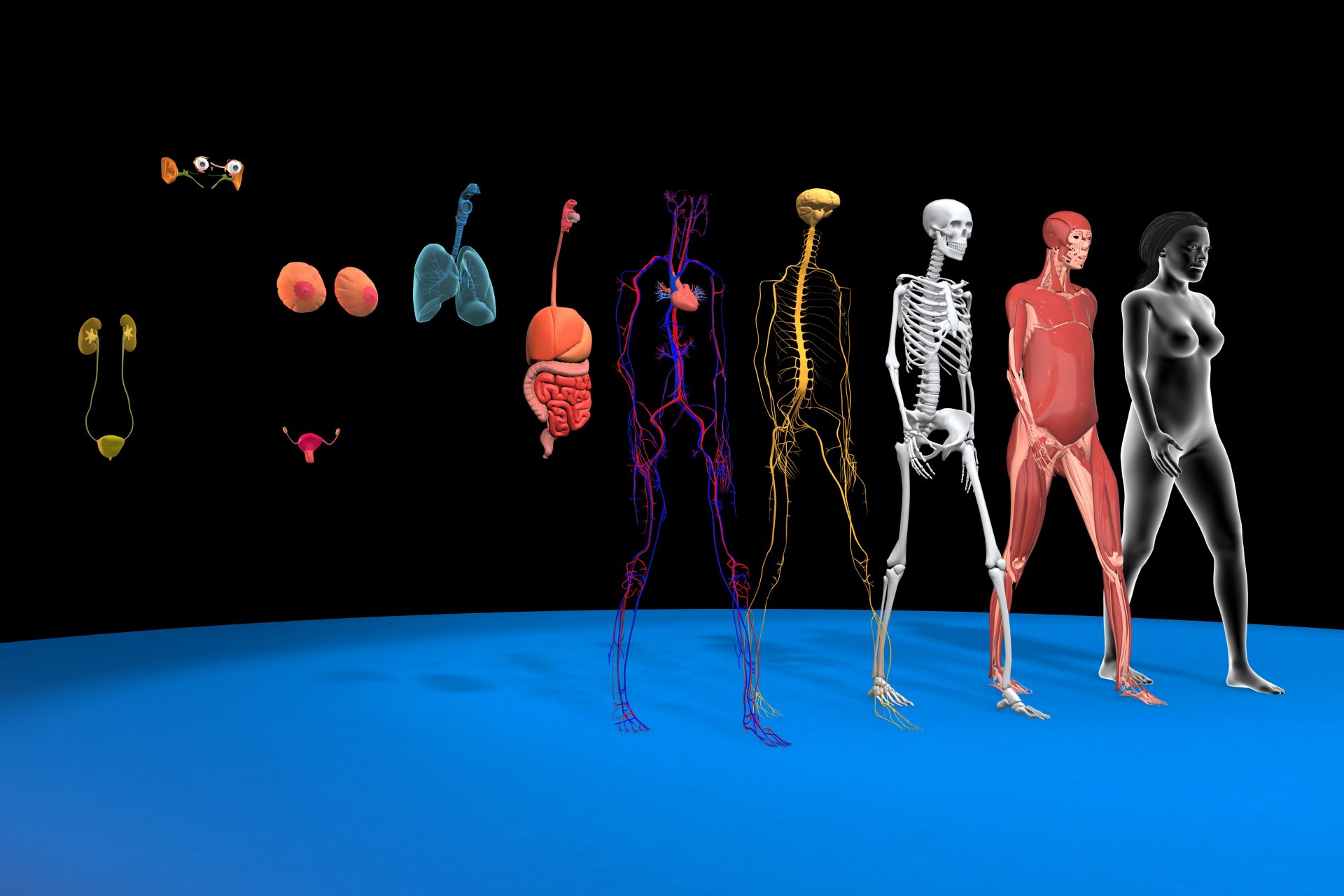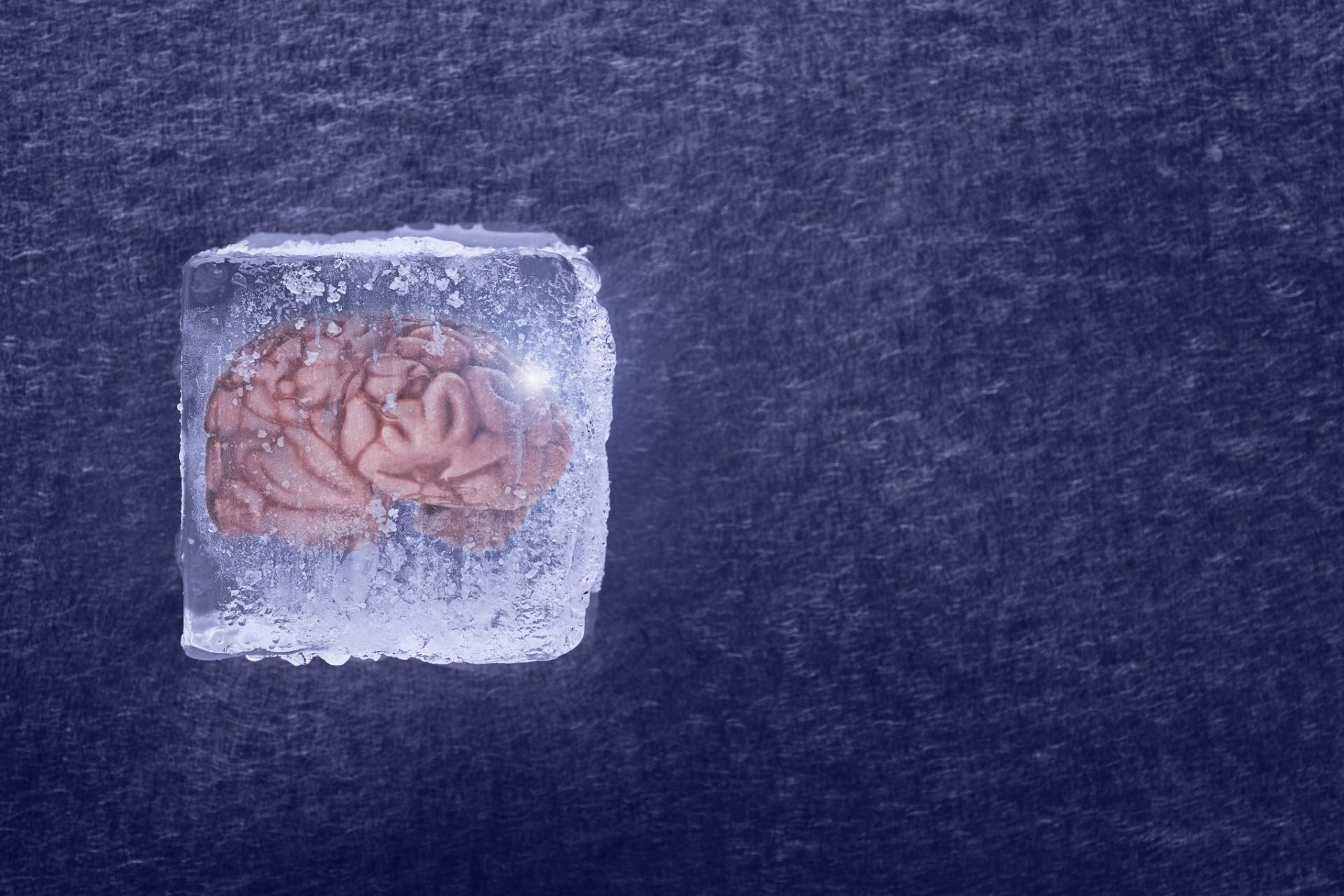A European start-up offers a chance to cheat death, and it is expanding to the US
Are you looking for a chance to cheat death? A European startup might offer one in the form of cryopreservation. The company plans to expand its operations in the US this year.
German start-up 'Tomorrow.Bio' is a cryonics laboratory co-founded by Brazilian engineer Fernando Azevedo Pinheiro and former German cancer researcher Emil Kendziorra (pictured).
Cryonics is the technology that preserves bodies or brains at extremely low temperatures, hoping to revive them when science develops the technology to cure the cause of death.
The freezing occurs once the patient is legally dead. 'Tomorrow.Bio' currently has 20 humans and 10 pets frozen, and over 700 people have hired the service.
So far, no cryopreserved body has been resurrected. It is an uncertain bet, that costs each patient around $200,000. If you still want to take part, the process is as follows.
The first step is registering with the company. In some cases, insurance can cover the costs through monthly payments. The company told BBC most of its clients are in their 60s.
When one of the companies patients is near death, doctors sound the bell so the start-up can send an ambulance. The vehicle has equipment to start the cooling process.
The body is immediately cooled to sub-zero temperatures using ice and cold water. During this phase, special care is taken with cardiopulmonary function to preserve tissue integrity.
The blood is then replaced with a cryoprotective fluid to remove water from the body and prevent freezing damage. After this, the team quickly drops the body’s temperature to -193 °F.
Finally, they move the body to Switzerland, where it will be stored in a special tank at -320 °F, awaiting scientific advances to make its reanimation possible.
Some experts are skeptical about cryonics. Clive Coen, a professor of neuroscience at King's College London, told the BBC that the concept was "preposterous."
That's because when the heart stops, cells decompose rapidly, causing severe damage. According to Coen, when a cryopreserved body is rewarmed, "this degradation process starts all over again, making resuscitation even more complex."
The professor sees the idea as an overpromise. He told the broadcaster that cryogenics, using a similar method to preserve tissue and organs, was a better use of resources.
There are other ethical considerations: if the company fails and the descendants suddenly receive the responsibility for the bodies or the conditions that the patients could wake up in.
According to the BBC, one of the potential consequences could be coming back to life severely brain-damaged. There is not enough research to back up what might happen.
"The freedom to choose for yourself outweighs all other potential ethical considerations," Mr. Kendziorra told the BBC. He says one slight chance of returning is better than none.
More for you
Top Stories



